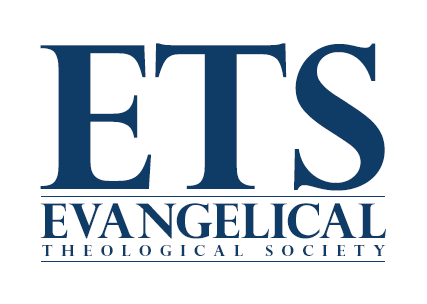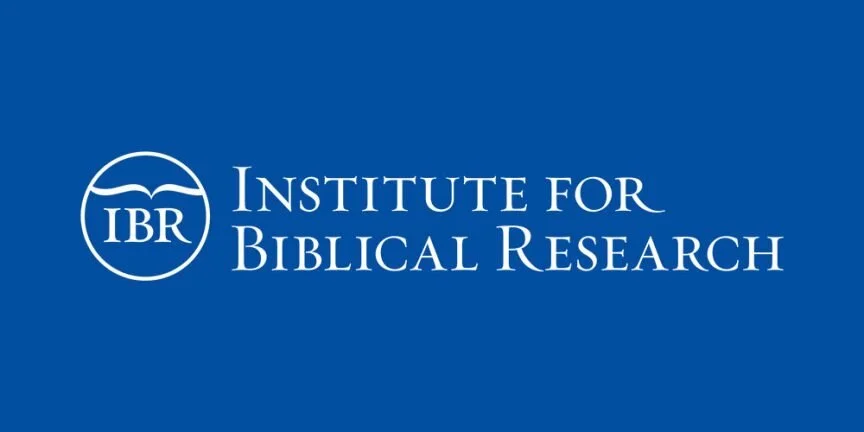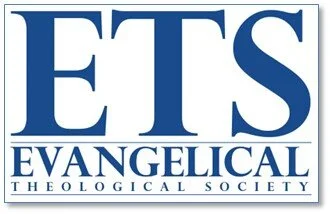


Old Testament Theology Unit - The Evangelical Theological Society's Annual Meeting
Review of M. Daniel Carroll R.’s The Lord Roars: Recovering the Prophetic Voice for Today
Plaza Building - Concourse Level Governor’s Square 11
2:10 PM - 2:40 PM: Reviewer, Dominick S. Hernández (Talbot School of Theology, Biola University)
More info here…

Vestiges of Ancient Near Eastern Wisdom in the Hebrew Bible and Late Second Temple Period Jewish Literature
There are vestiges of the ancient Near Eastern wisdom tradition not only in biblical wisdom literature, but also in Jewish writings of the late Second Temple period. This continuum of this tradition across ages is identifiable by tracking the topic of divine retribution, which was both evident in Ancient Near Eastern wisdom writings (e.g., Ludlul, The Babylonian Theodicy) and prevalent in the biblical wisdom tradition. The Dead Sea Scrolls demonstrate that divine retribution continued to be at the forefront of Jewish thought through the late Second Temple period … Read more here.

"Difficult Texts in the Old Testament - Genesis 9:20-27"
1. How does Gen 9:20–27 fit into the larger narrative portrait of the Canaanites in the Old Testament?
2. With the first mention of servitude in the Old Testament, how does this passage contribute to biblical-theological reflection on slavery

The Problem with Poverty as Punishment: Traditional Wisdom under Scrutiny
The Evangelical Theological Society: “Word and Deed: Renewing the Latino/a Church’s Role in Community”

The Society of Biblical Literature Annual Meeting 2019, San Diego, CA
“‘Evil or Agitated’: The Meaning of Reshaʻim in Job 3:17”
In this paper, I will discuss the peculiar literary context in which rashaʻappears in Job 3:17 and examine the inner-biblical evidence relating to the significance of the word. Additionally, I will present the semantic development of rashaʻ “to act wickedly” as a derivation from rashaʻ “to be disquieted” or “agitated” based upon the tendency of certain Semitic words depicting movement to eventually acquire a pejorative meaning (e.g., Hebrew rwd and bgd based upon Arabic and Akkadian cognates, respectively). This presentation will end with practical suggestions concerning how properly understanding rashaʻin Job 3:17 relates to the conversation between Job and his friends about the fate of the wicked.
Biblical Lexicography Unit
11/25/2019
4:00 PM to 6:30 PM

The Society of Biblical Literature Annual Meeting
"Childlessness and Infertility in Job and Ugaritic Literature"
Wisdom in Israelite and Cognate Traditions Section
11/17/2018 from 1:00 PM to 3:30 PM
The Colorado Convention Center (CC) - 705 (Street Level)
Childlessness is considered a sign of divine judgment in the Bible (cf. Gen 20:18). Thus, it is unsurprising that Job’s friends would point this out in the second round of speeches and insinuate through metaphors that he has lost his children because of his wrongdoing. Understanding the second round of speeches of Job in light of Ugaritic literature provides a backdrop to discern the severity of Job’s companions’ metaphors relating to childlessness and infertility, while illuminating Job’s claims regarding the quantity, safety, and joy of the children of the wicked (21:8-9, 11-12).

The Society of Biblical Literature Annual Meeting, 2017
Academic Paper:
"Mythopoetic Imagery Relating to the Firstborn of Death and the King of Terrors"
9:00 AM to 11:30 AM
Room: Belvidere B (Second Level) - Hilton Boston Back Bay

The 17th World Congress of Jewish Studies
"Faithful or Fickle Judah?—Hosea 12:1-3 in Philological Perspective"
Demonstrating any type of coherence in Hosea 12:1b in its biblical and theological contexts lies in uncovering the significance of the ambiguous word rad רד. In this paper, I suggest a philological solution to this quandary.
Latter Prophets II Unit: Room: 2603 at 3pm
